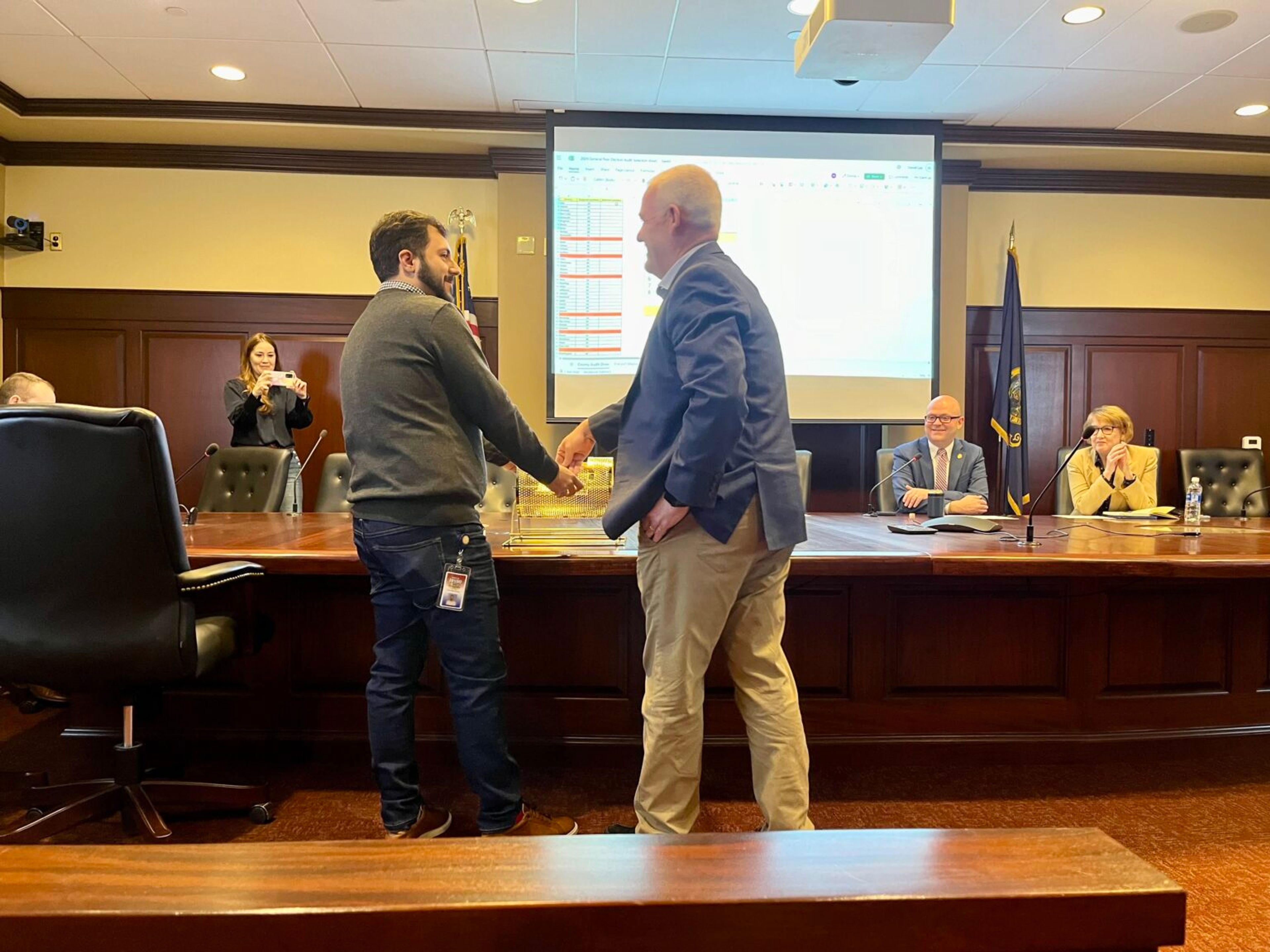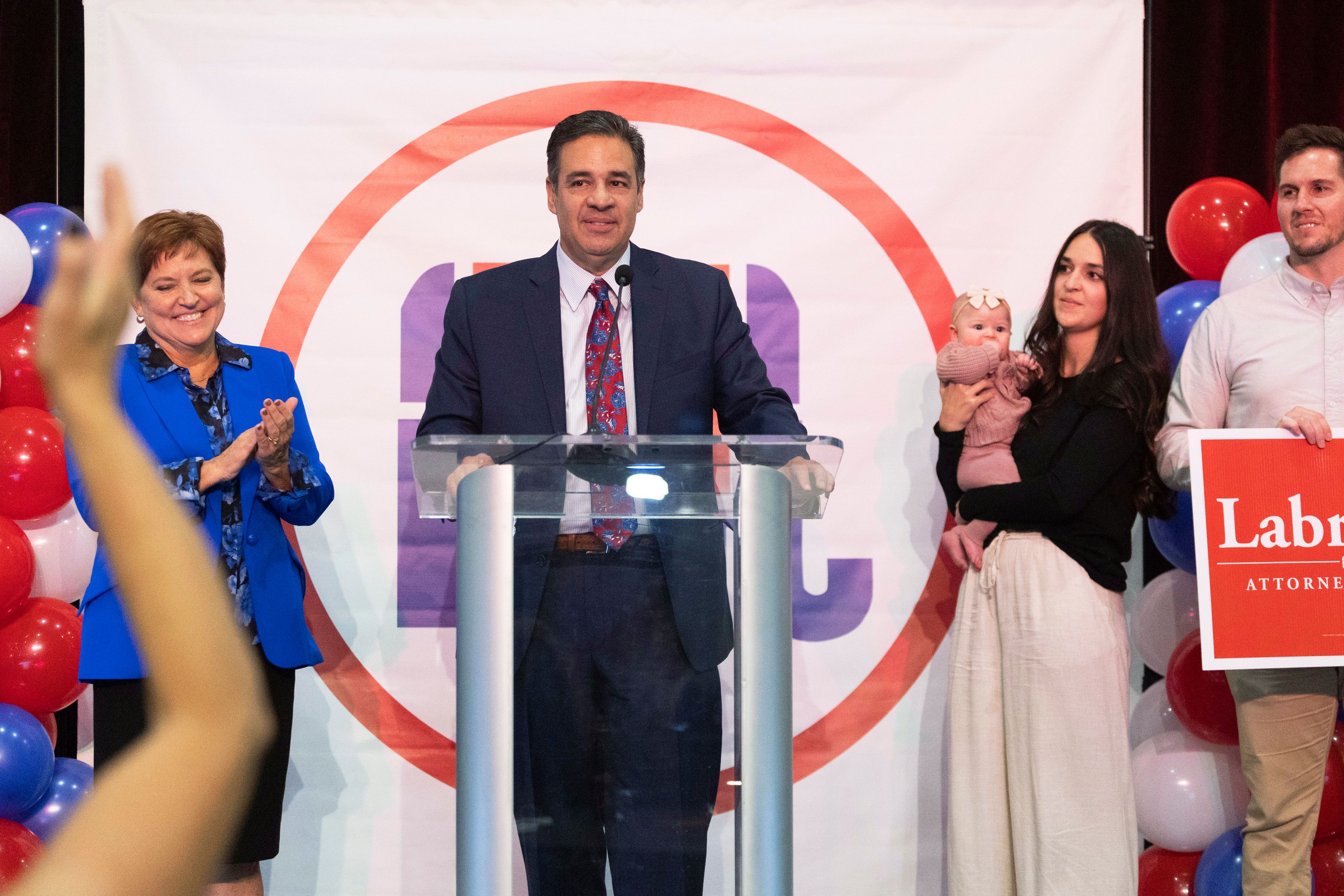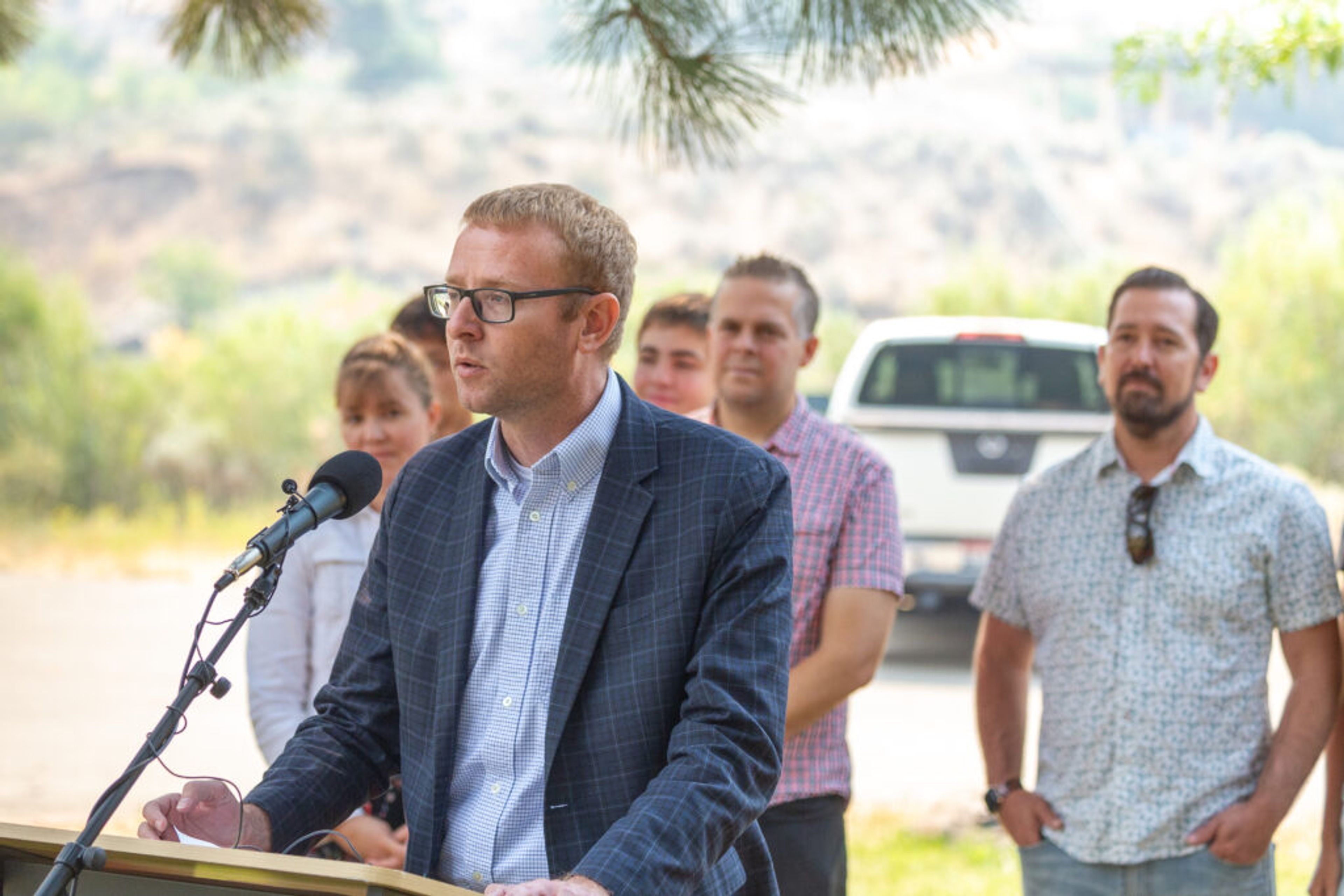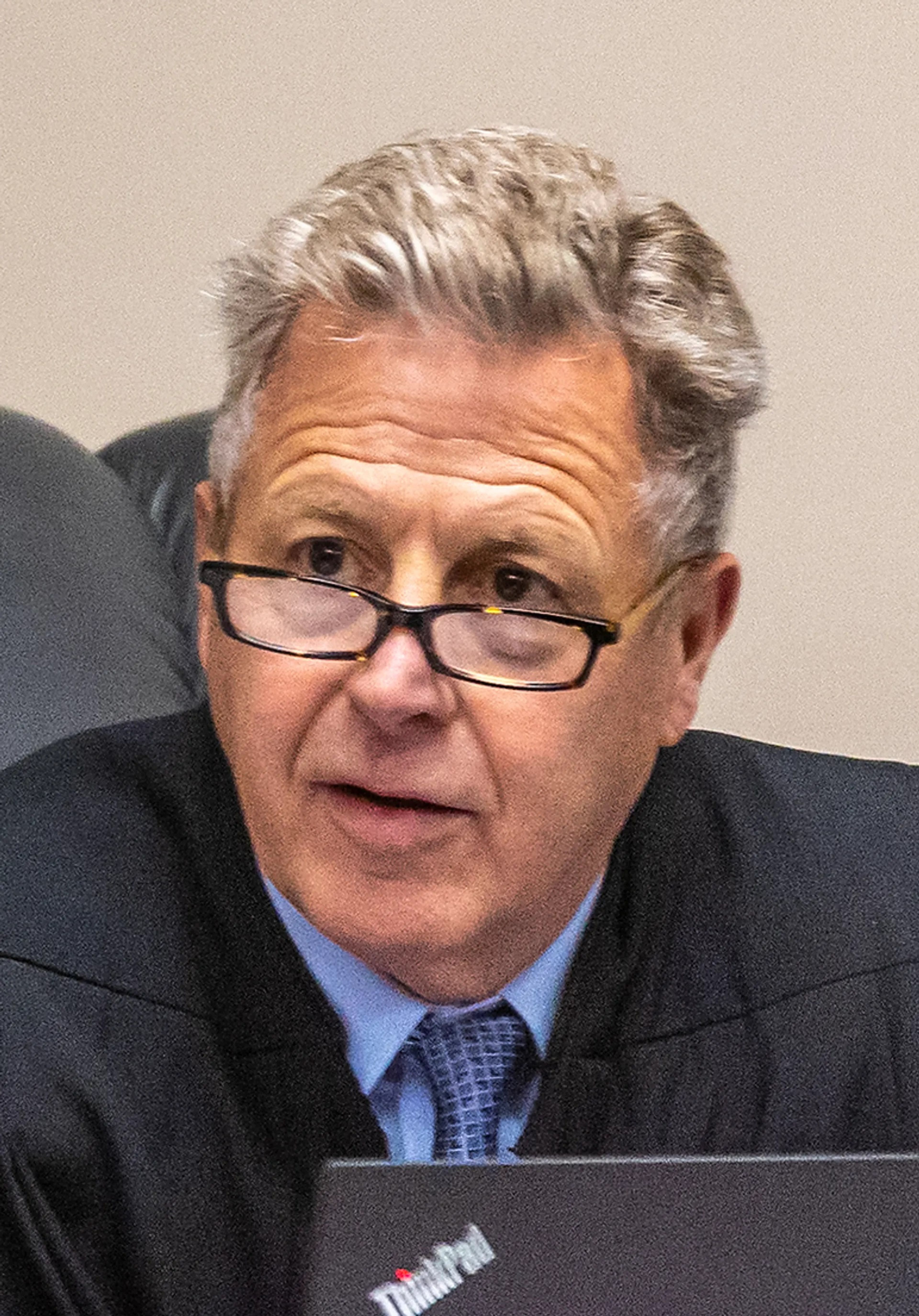Duncan case gives look into lawyers' motivation
BOISE - Joseph Duncan's lawyers are trying to prove that Duncan is so clouded by delusional religious thinking, possibly from a brain defect, that he wasn't competent to give up his right to appeal a federal jury's death sentence.
As is standard in death penalty cases, they've prepared a wealth of information about Duncan's life aimed at persuading jurors to spare his life and instead sentence him to life in prison.
But for the jurors who fulfilled what was presented to them in 2008 as their solemn civic duty, it all seems insulting.
"If you ask us, he deserves much worse than the death penalty," said Shannon, a juror from Duncan's 2008 trial. "I've given him what I think about him, and now the system is screwing us."
Those jurors are angry. And they have questions. Lots of them. Not for Duncan, but for the court-appointed lawyers pushing his case.
"They're grasping at straws because they don't believe in the death penalty," Shannon said. "Why do we even have juries if our decisions can just be thrown away?"
That hasn't happened yet, but it's possible.
Duncan, sentenced to death in 2008 for the kidnapping, rape and murder of a 9-year-old northern Idaho boy, waived his right to appeal his sentence. His legal team, led by well-known anti-death penalty lawyers, appealed to the 9th U.S. Circuit Court of Appeals, saying Duncan wasn't mentally fit.
The 9th Circuit ruled that Duncan should have undergone a retroactive competency hearing, and that began four weeks ago before U.S. District Judge Edward Lodge in Boise. If Lodge decides that Duncan wasn't competent to waive his appeal, he then must decide whether he was competent to act as his own attorney.
If Lodge determines that Duncan wasn't, then he will get a new trial.
The hearing at the federal courthouse in Boise, which has included the testimony of Duncan's original lawyers, has offered an unprecedented look at how defense attorneys in capital cases - tasked with defending the country's most abhorrent criminals - operate.
Former Idaho Attorney General David Leroy, a longtime lawyer and legal observer, understands the public disgust over Duncan's case.
The crimes, which included killing the boy's mother, brother and mother's fiance with a hammer, and also kidnapping the boy's 8-year-old sister, are the worst in recent Idaho history, Leroy said.
"But in every citizen's mind, somewhere, must be the fact that the Constitution and the rule of law protect us all, and we don't lynch anyone in this country anymore for any crime," Leroy said.
Duncan's lead attorney, Michael Burt of San Francisco, has specialized in capital defense since 1982 and travels the country defending criminals facing the death penalty.
Attorneys who worked with Duncan on his cases in California and Idaho, including Mark Larranaga of Seattle, have detailed their interactions with him in testimony. Burt and co-counsel Randall Martin unsuccessfully tried to have that testimony shielded from public view. Judy Clarke, whose past clients have included Ted Kaczynski and Jared Loughner, is expected to testify this week.
The lawyers' actions over the years, aimed at saving Duncan's life, contrast with those of the jurors who sentenced Duncan to death. They also contrast with public sentiment that Duncan is still alive seven years after admitting to some of the most heinous crimes imaginable.
The lawyers' reasoning is simple and also makes their work controversial: No matter what someone did, the government should not be allowed to take their life. And everyone, no matter how heinous the crime, deserves a lawyer.
That's a belief, according to a December Gallup poll, shared by about a third of the people in the country.
"There's enough people around to condemn them and blame them and heap scorn on them. My job is to represent them ... to keep them off death row," John Adams testified in Boise in January. He's the head of the Kootenai County Public Defender's Office, which represented Duncan in 2005 and 2006.
Adams' remark followed a tense exchange with U.S. Attorney for Idaho Wendy Olson, who asked Adams whether he was proud of the fact that none of the murderers he's defended against the death penalty have been sent to death row.
"I'm very proud of that," Adams snapped. "My objective in capital litigation is to see that they have a life."
Duncan chose at the last minute to represent himself during his federal sentencing hearing in Idaho in 2008, halting jury selection and delaying the proceeding several months. He offered no evidence during the three-week hearing. Behind the scenes, however, his legal team amassed a wealth of information that detailed how Duncan was sexually abused at an early age.
"I believe everyone has a story to tell," said Joyce Naffziger, a private investigator and death penalty mitigation specialist from Eugene, Ore.
Burt has authored articles detailing what he sees as the importance of storytelling in death penalty defenses, and detailing the need to explore all aspects of a client's life.
"You're trying to do an overview of the entirety of the individual," Larranaga testified last week. "It could be trauma, mental health, abuse. Whatever it may be, it can be used as long as it's supportive."
Duncan's lawyers and experts hired by them have spent years tracking down his family, friends and past acquaintances. They used public funds to pay for his mother to fly to Idaho to meet with Duncan in jail. They met with an older sister in Georgia who hadn't seen Duncan in years but detailed to Lodge childhood beatings. They discussed using the possible testimony of Duncan's only surviving victim, Shasta Groene, as a bargaining chip with prosecutors, according to court testimony.
One investigator for the defense, Karen Sanderson, said her duty when visiting Duncan often wasn't to ask him questions but to provide him comfort and someone to talk to, in hopes of building trust. Sanderson described one meeting in which she suffered a panic attack unrelated to Duncan and kept her head between her legs for 20 to 30 minutes while Duncan comforted her.
Another investigator, Erika Feyereisen of the Federal Public Defender's Office in Sacramento, said she researched information on child sexual abuse and blasphemy at Duncan's request, as well as details about how the death penalty is administered in federal prison. Feyereisen also provided Duncan lyrics to songs he was interested in, including "Little Lion Man" by Mumford and Sons, and tried to find information, at Duncan's request, on how Shasta was doing.
Prosecutors believe that the defense unduly influenced Duncan to try to waive his appeal because of their own vehement anti-death penalty views, not because of Duncan's interests.
Feyereisen was part of the defense team that met with Duncan and discussed his mother's poor health and her desire to have him appeal his death sentence.
Soon after that meeting, Duncan wrote a letter saying he wanted to pursue his appeal because his brother had died in 2006, making him his mother's only living son.
It was one of several meetings the team had with Duncan after he was sentenced. Adams joined them for an initial meeting, where they told Duncan, nicknamed "Jet," that they weren't giving up on his case.
"What I told Jet was that I cared about him, and we were all there for him," said Jennifer Davis, an investigator and mitigation specialist. "I just wanted him to know that I still supported him."
Leroy said that although such personnel and expenses might surprise citizens not involved in the legal system, they are common and necessary.
"I don't fault a lawyer who needs or exercises an opportunity to use a social consultant to try to put a problematic defendant or client in a good frame of mind," Leroy said. "I think they should be commended for using appropriate means to fully understand their client."
---
Information from: Idaho Statesman, http://www.idahostatesman.com








